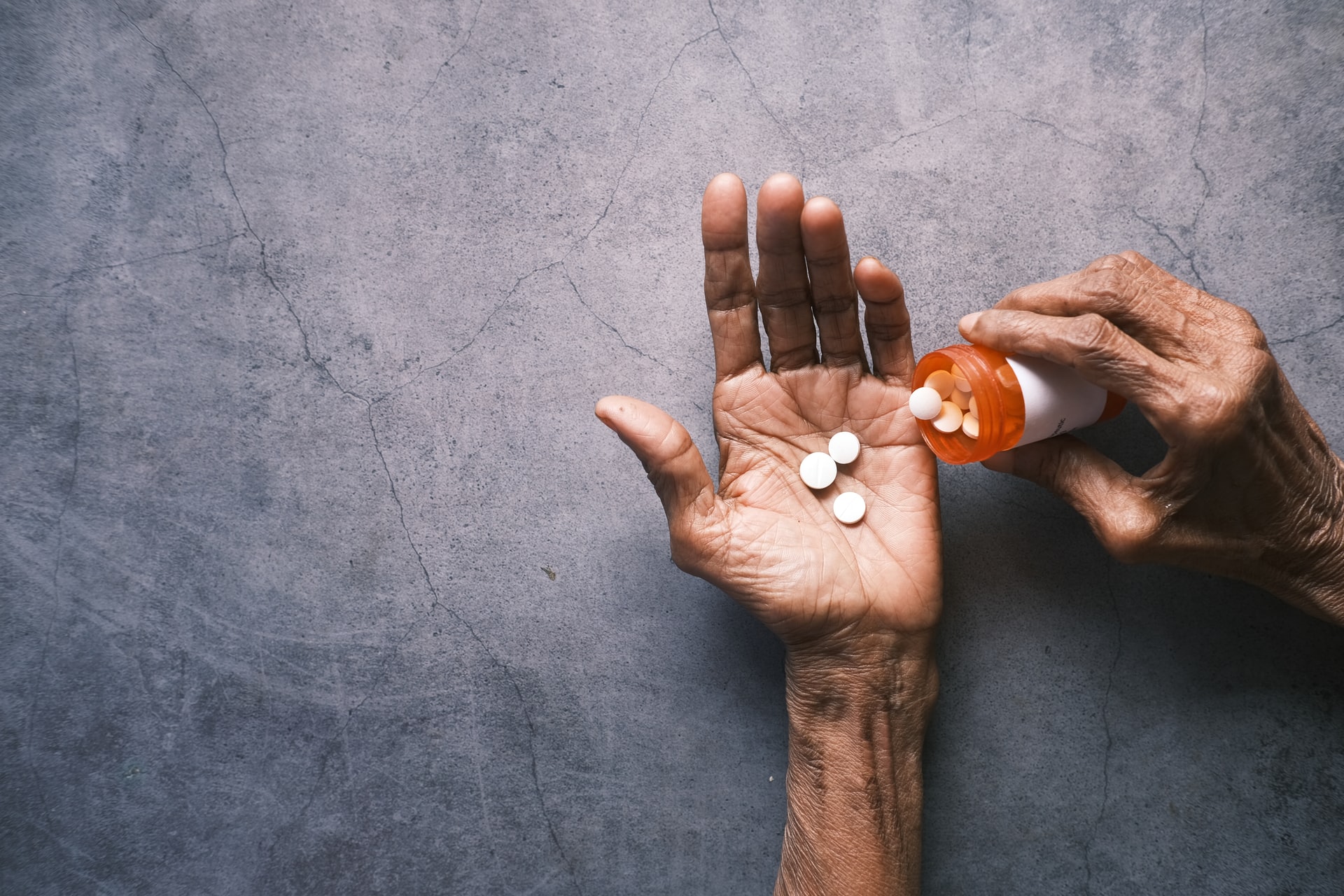Experts are warning of a potential drug dependency problem linked to the delays in
knee and hip replacement surgery during the pandemic.
Opioids, such as morphine and tramadol, are used as a last resort in pain
management, but researchers at the University of Aberdeen have highlighted the
growing evidence that using them before surgery can increase the risk of
complications and lead to ongoing dependence on the drugs.

The number of prescriptions for opioids has risen by 40% across the course of the
pandemic, which can be linked to the increased waiting times for surgery, currently
averaging 90 days.
“We urgently need to find better alternative methods for managing severe arthritis
pain for those awaiting this type of surgery and work to recover the backlog of
associated operative cancellations during Covid-19 to prevent more widespread
opioid use,” said Luke Farrow, Clinical Research Fellow at the University of
Aberdeen.
“We would advocate that healthcare professionals and patients avoid the use of
opioid medications if at all possible due to the known lack of effect in this setting and
potential for harm.”
He described how the pandemic has had “a significant detrimental effect” on
accessing hip and knee surgery, with research linking it to “worsening pain and
quality of life for patients.”
“We were concerned that this may have been associated with greater rates of opioid
prescribing to manage these symptoms,” he added.
During the first peak of the pandemic, 6 million elective orthopaedic procedures
worldwide were cancelled, as hospitals were forced into restructuring to prioritise
acute care for Covid-19 patients.
The university’s research paper into opioid use has been published in BMJ Quality and
Safety.